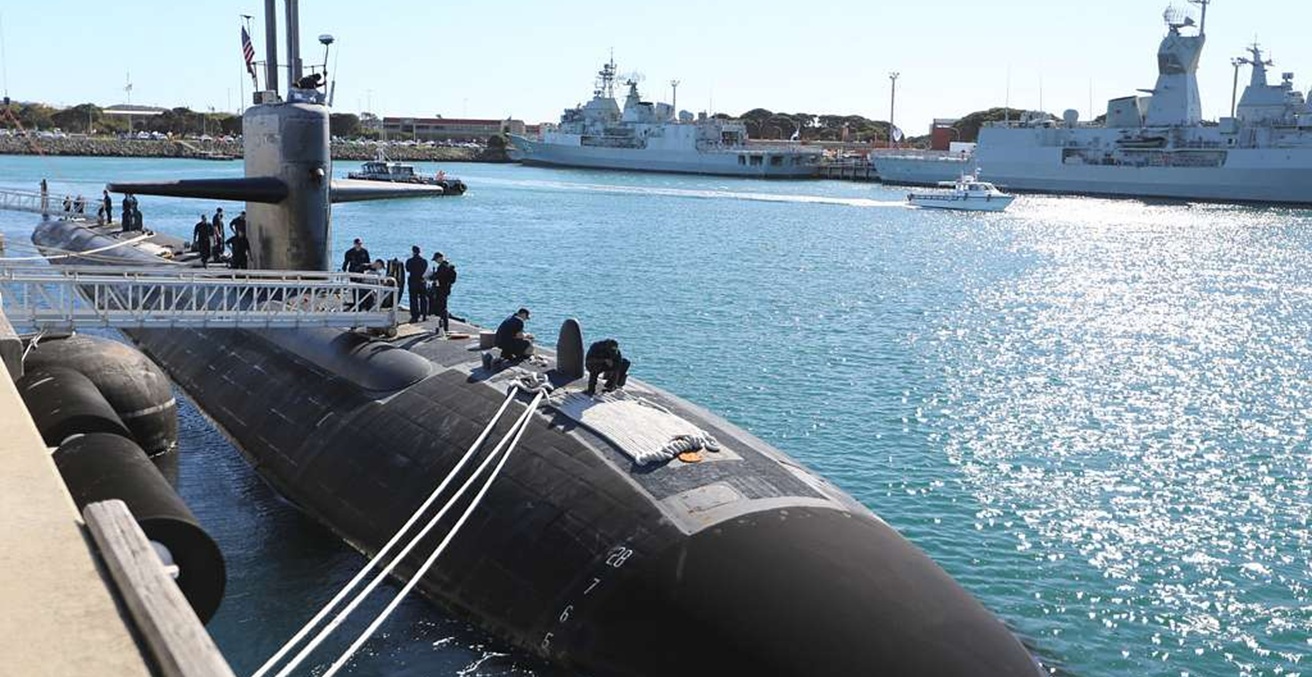With the potential to shift the world’s commercial and and economic focus, it is about time Australia improved its ties with the African Continent. More ministerial trips are required, but the Labor party is off to a good start.
Last week, Tim Watts, Australia’s Assistant Foreign Minister, undertook a significant trip to the African continent. His journey, taking in Ghana, South Africa, and Morocco (and all the World Cup fanfare!) marked the first such visit to the Continent by any Australian foreign affairs ministerial representative in six years. Hopefully it’s a sign of a reinvigorated, more mature, consistent, robust engagement with this dynamic and increasingly influential part of the world.
Australia’s desire to strengthen its ties with African countries is not surprising, given the continent’s growth trajectory. Africa is already home to 1.2 billion people, and its estimated that by 2050 a quarter of the world’s population will be African. Nigeria is currently on course to overtake China as the second most populous country in the world, after India, by 2100. And 70 percent of sub-Saharan Africa’s population is under the age of 30. This young population means Africa has the potential to be one of the biggest consumer markets in the world. It is a continent on the move.
In spite of this potential, however, Australia’s engagement across the continent has for some time been perceived as inconsistent, infrequent, unreliable, too transnational, and ultimately neglectful.
There have certainly been high points in Australia-African relations. The Hawke Government’s championing of sanctions against apartheid South Africa in 1990 is one example. In his memoir, The Incorrigible Optimist, former Foreign Minister Gareth Evans describes the moment he became one of the first foreign officials to meet with Nelson Mandela after his release from prison. Such was the level of Australia’s international activism, even in spite of staunch opposition from the UK’s Thatcher Government. Another notable moment was the Rudd and Gillard Governments’ increase in development assistance and diplomatic engagement in the continent.
Yet, for every high point there has been a low one. After being invited as the only non-African leader to address the African Union annual summit in 2012 – a gathering often attended by as many as 50 presidents and prime ministers – Australia’s Prime Minister Julia Gillard cancelled her visit. And with the change in government that followed in 2013, Australia proceeded to cancel most of its bilateral aid programs, as well as its plans to open a new embassy in Senegal. I still remember one official in Madagascar telling me, “Australia was here one moment, the next, you were gone.”
The withdrawal added a cynical postscript to Australia’s campaign bid for a seat on the UN Security Council. In previous years, Australian diplomats had handed out flyers to representatives from other nations, trumpeting how Australia was significantly scaling up its foreign aid budget. Accounting for over 50 of the 193 UN member states, the African region was a prime target for votes of support. The tagline of the campaign was, ironically, “Australia: we do what we say.” Australia’s failure to follow through not long after winning a security council seat has not been forgotten.
The challenge of rebuilding broken trust comes at a time when rapport between African nations and the West is stretched thin. Wealthy nations’ hoarding of COVID-19 vaccines during the global pandemic led to a rupture in relations. This was followed by the widespread perceived hypocrisy of Western nations in climate negotiations in asking African nations to forgo the use of fossil fuels to power their development. This was while the developed West reneged on their promises to provide $100 billion annually to help poorer countries adapt to and mitigate the consequences of climate change. Compounding the challenges facing the continent was Russia’s invasion of Ukraine, which has had a huge impact on the cost of food, farming, and living. As Ghana’s president, Nana Akufo-Addo, put it so well: “Every bullet, every bomb, every shell that hits a target in Ukraine, hits our pockets and our economies in Africa.”
But Tim Watts’ timely visit to the African continent presents an opportunity for a refreshed dialogue. While Africa may, understandably, never become quite as interesting to Australia as Asia and the Pacific, it is in our nation’s long-term interest to have a strong relationship with the Continent. Watt’s visit is itself an acknowledgement of that fact.
In order to move forward, though, it will take more than a one-off ministerial visit to build the new kind of relationship we need to see. Six years should not go by before the next minister visits Africa. Ideally, the next one should be a bipartisan visit, much like the recent high-level visit of Simon Birmingham and Penny Wong to Vanuatu.
Beyond more sporadic visits, though, Australia’s actions should match its rhetoric on the need to engage. The impact Australia can have through bilateral aid will always be limited, but there are a number of high-impact organisations operating both in the Pacific and in Africa that Australia should engage. One example is the International Fund for Agricultural Development (IFAD), which is doing incredible work supporting smallholder farmers. They have an office in Fiji and also work across the African continent. At a time when the world is facing an impending food crisis, as a result of Russia’s invasion of Ukraine, smallholder farmers, especially rural women farmers, play an important role in ensuring global food security. Immediate investment is required to boost agricultural productivity in the developing world, particularly in the Pacific, Asia, and Africa. IFAD invests in the world’s poorest and most marginalised people. It creates jobs, and it can help turn Africa into the breadbasket for the world that it has the potential to be.
What I continuously hear from African business leaders and governments is their desire for genuine partnership, especially when it comes to accessing affordable and concessionary financing. As one finance minister told me, “We’ve been forced to play by the west’s rules for a long time and are forced to pay high interest rates.” As a major player at the G20, Australia should use its leverage to pressure financing institutions like the World Bank to do more, especially as it comes to financing the green revolution and enabling the Global South to replace fossil fuel energy with renewables.
By visiting the Continent this month, Watts follows a number of other high-level politicians from western nations who have done the same over the past month. Yet, African government officials will not be lured by nice rhetoric and speeches alone. This time, they will be waiting to see if Australia will live up to the tagline: “Australia: we do what we say.”
Michael Sheldrick is a Co-Founder and Chief Policy, Impact and Government Relations Officer at Global Citizen. Over the past decade, Global Citizen’s campaigns have led to over $35 billion distributed to anti-poverty efforts around the world.
This article is published under a Creative Commons Licence and may be republished with attribution.




